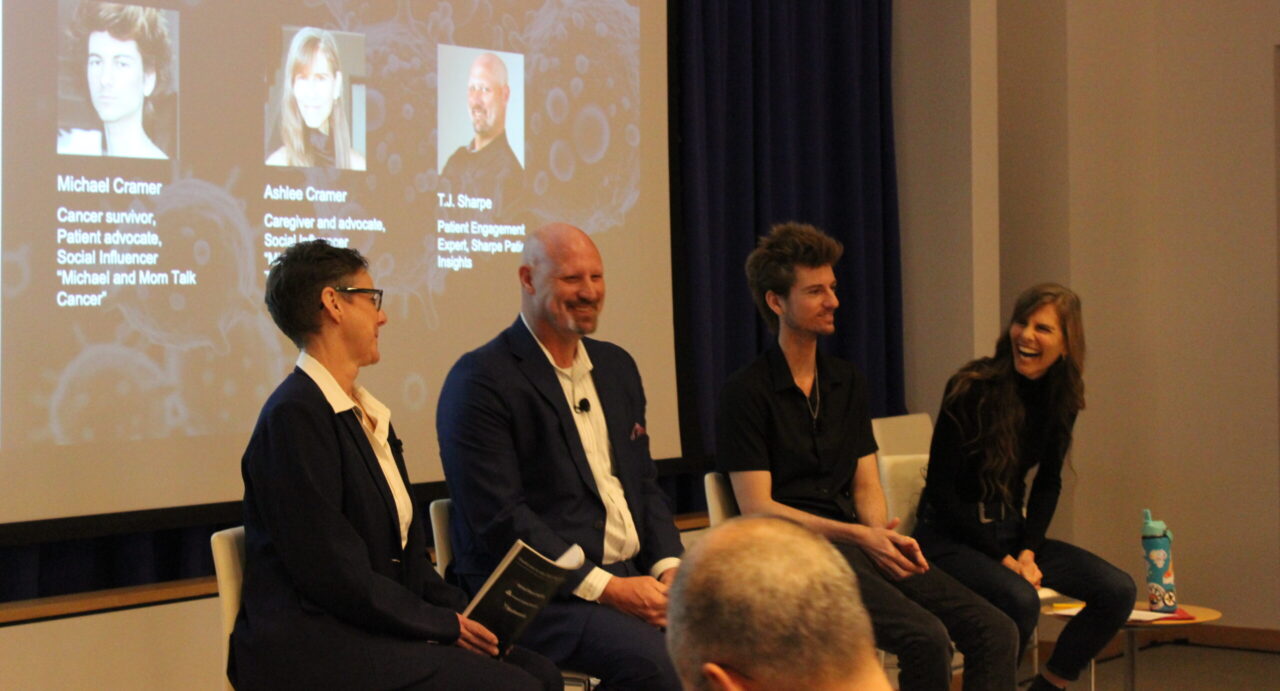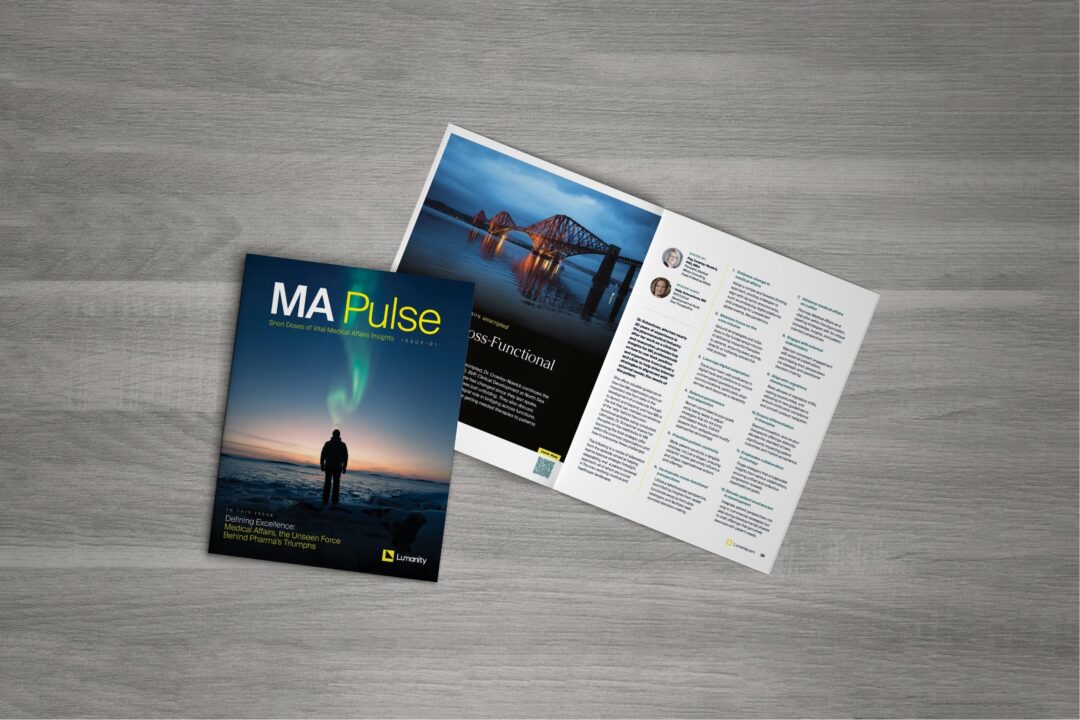Authored by Clarion, now part of Lumanity
Last week, Bobby Moy, managing director of Clarion, a Lumanity business, attended the NORD 2023 Rare Diseases and Orphan Products Breakthrough Summit in Washington DC. Here, he shares four key takeaways from the conference.
Drug discovery is hard, but we can draw inspiration from the remarkable strength and resilience of patients and caregivers. These individuals perform extraordinary feats daily, and it is our duty to keep their experiences at the center of our efforts and honor their endurance and sacrifices in everything we do.
The advent of new technologies is forcing regulators to think about risk and benefit from a new perspective. While regulators recognize the immense potential in innovative technologies, such as gene editing, they also acknowledge their apprehension surrounding the potential genomic alterations. Simultaneously, they acknowledge favorable risk-to-benefit ratios observed in clinical practice for other genome-affecting therapies such as radiation and chemotherapy. Further, if safety can be established, regulators are open to platform-based approaches to regulation.
Achieving diversity, equity, and inclusivity remains a paramount concern, yet continues to be an unrealized objective for all stakeholders. Regulators, clinicians, patients, caregivers, and drug developers spoke to the need for greatly improved diversity, especially in trials. However, this is a multifaceted and multidimensional problem that mirrors many of the challenges within healthcare systems. For example, while regulators want to see patient populations in trials reflect the potential user base of a medication, disparities in access to healthcare and a limited number of studies can introduce biases to even the basic demographics of a disorders.
Patients’ circumstances necessitate a comprehensive understanding of their lives to provide them with the best possible care. Chambers et al. utilized a survey of 2,848 patients and caregivers to understand reasons why patients delayed or decided not to receive care. This survey showed ~50% of patients had delayed or decided not to receive care due to feeling overwhelmed by managing their life and responsibilities, while ~30% for not being able to afford the cost of the visit. These results signal the real-world complexity of patient lives and how these challenges directly impact their access to care.
We understand the critical importance of patient-centricity, regulatory adaptability, diversity, and understanding the intricacies of patients’ lives in the business of developing novel therapeutics in rare disease. We recognize the impact that these factors have on the success and impact of innovative healthcare solutions. Together with our clients, we aim to drive innovation that truly makes a difference in the lives of those who need it most.










